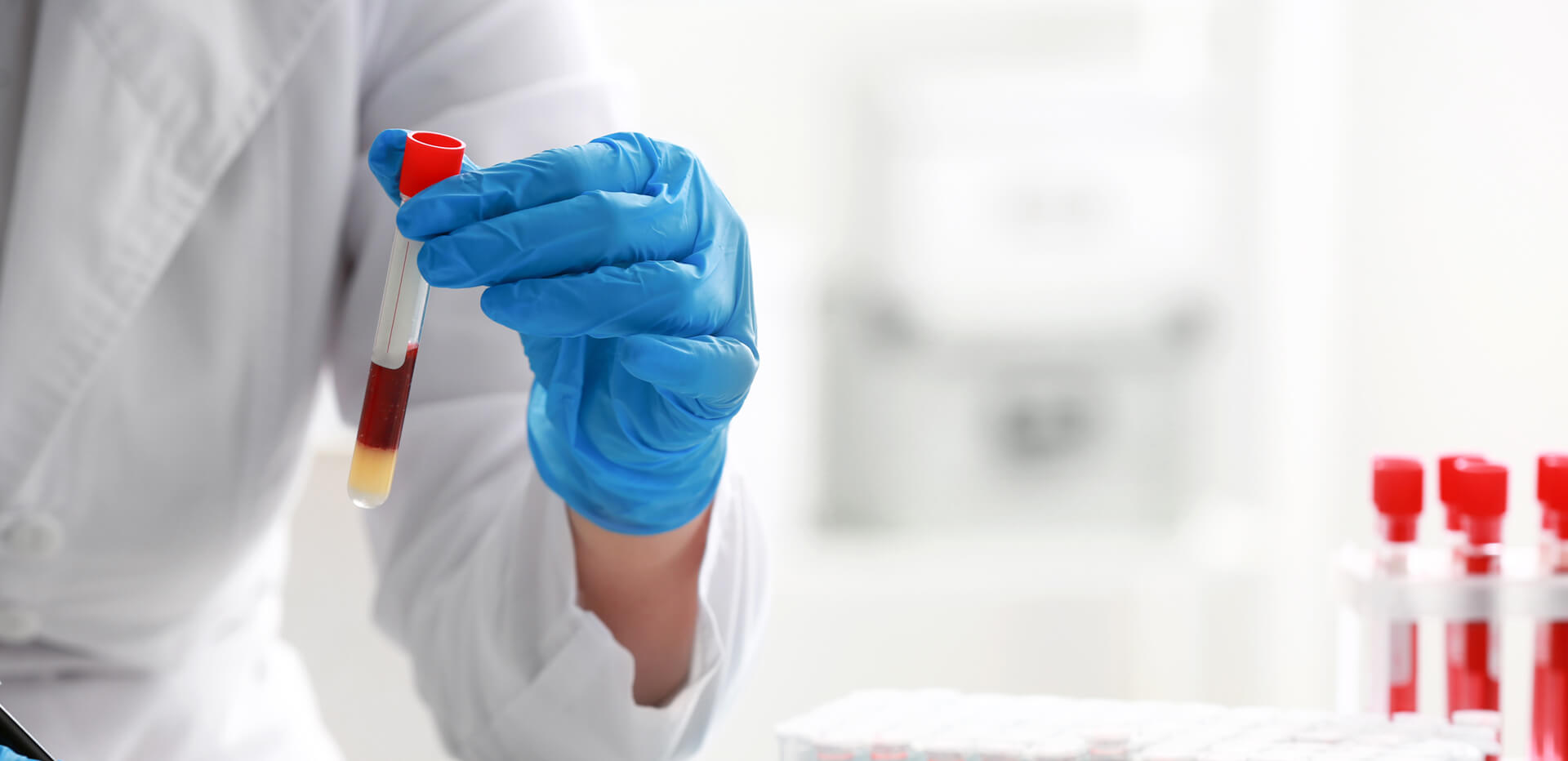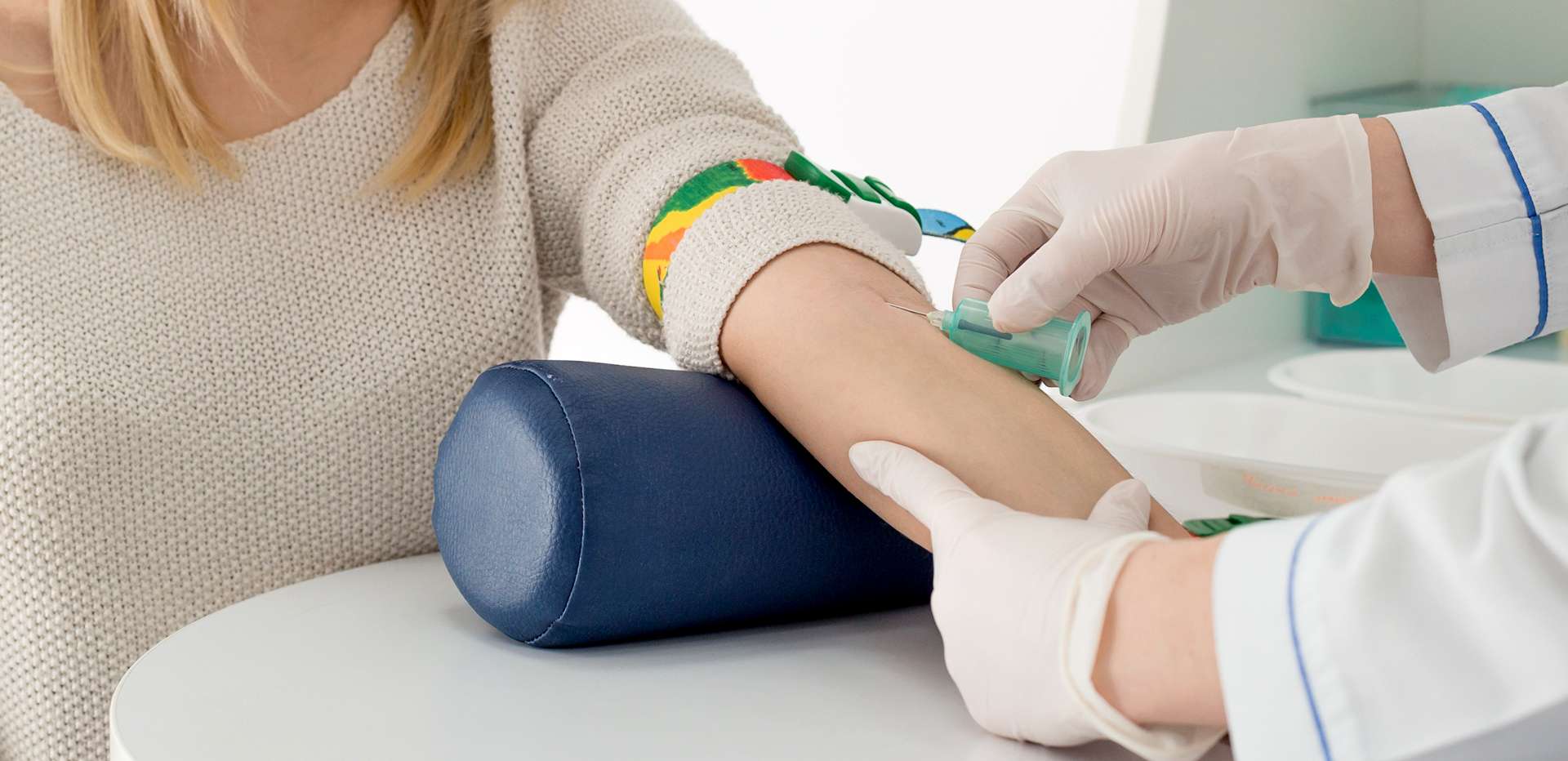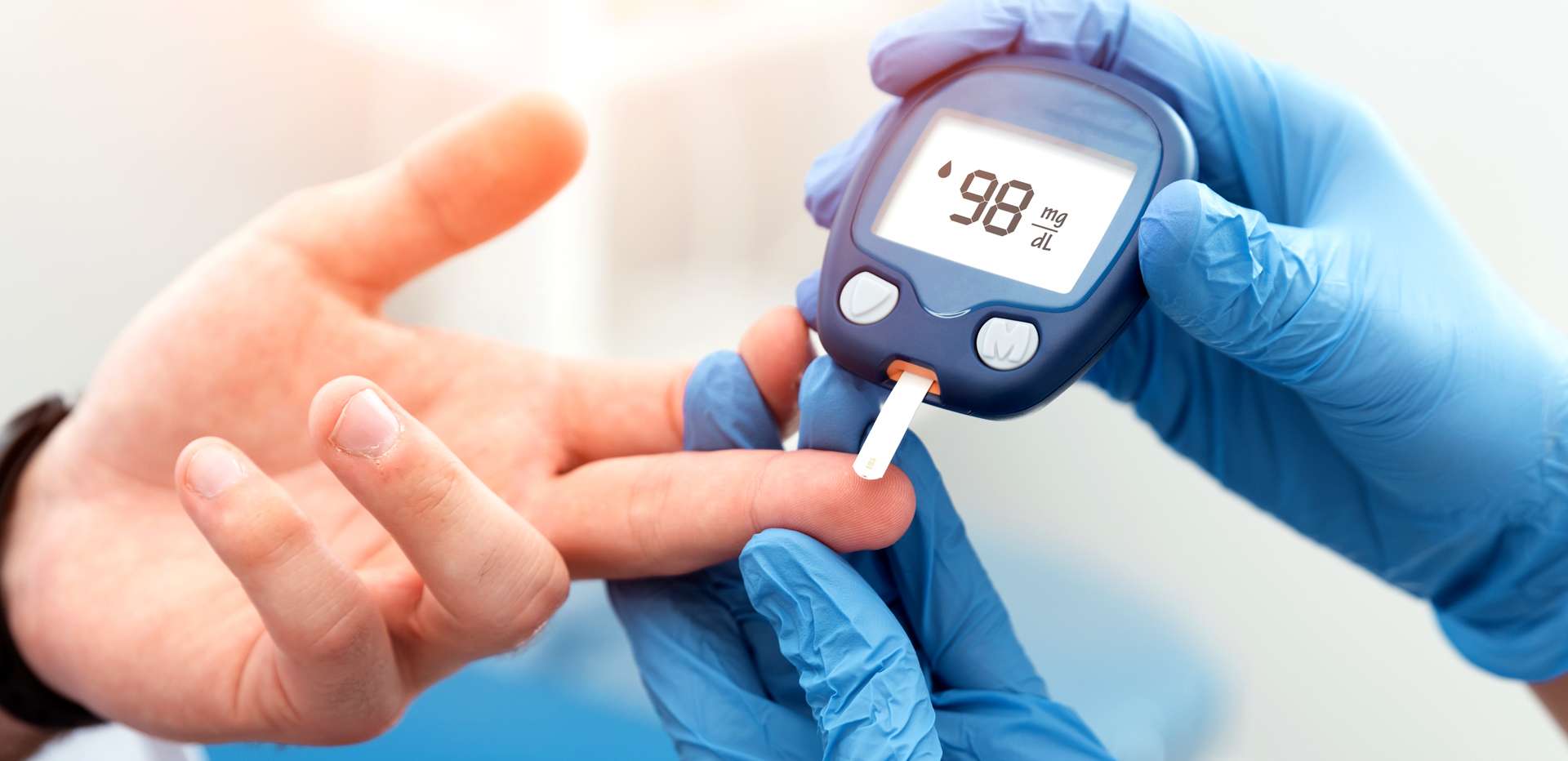Food allergies have become a growing concern in recent years, impacting millions of individuals worldwide. The prevalence of food allergies is on the rise, prompting many to seek ways to identify and manage their allergic reactions effectively. Allergy testing serves as an important tool in diagnosing food allergies and providing individuals with the necessary information to navigate their dietary choices safely.
However, the effectiveness of allergy testing, particularly in detecting food allergies, remains a topic of interest and scrutiny among healthcare professionals and patients alike.
Methods of Allergy Testing
Allergy testing includes various methods, each with its advantages and limitations. In Northampton, common approaches to allergy testing include skin prick tests, blood tests (specifically, IgE antibody tests) and oral food challenges.
Skin Prick Tests
Skin prick tests involve introducing small amounts of allergen extracts into the skin and observing for any allergic reactions.
Blood Tests
Blood tests measure the levels of specific antibodies produced by the immune system in response to allergens.
Oral Food Challenges
Oral food challenges, conducted under medical supervision, involve ingesting small amounts of suspected allergens to monitor for adverse reactions
Challenges and Limitations of Food Allergy Testing
When it comes to food allergy testing, these testing methods can provide valuable insights, but they are not without their limitations. Skin prick tests and blood tests are useful for identifying allergen-specific IgE antibodies, which play a role in immediate allergic reactions. However, they may not always accurately reflect an individual’s sensitivity to certain foods or predict the severity of allergic reactions.
Oral food challenges are considered the gold standard for diagnosing food allergies, as they directly assess an individual’s reaction to ingested allergens. However, they are time-consuming, require specialised medical supervision and carry the risk of triggering severe allergic reactions in sensitive individuals.
Allergy Testing in Northampton
Allergy testing for food is conducted by our qualified team who follow established guidelines and protocols. Our healthcare professionals take into account the patient’s medical history, symptoms and suspected allergens when determining the most appropriate testing approach.
Challenges and Future Directions
Despite advancements in allergy testing technology, there are still challenges and uncertainties surrounding the accurate diagnosis of food allergies. Cross-reactivity between allergens, variations in individual immune responses and the potential for false-positive or false-negative results can complicate the testing process.
In recent years, research efforts have focused on improving the accuracy and reliability of allergy testing methods, including the development of component-resolved diagnostics and molecular allergen profiling. These approaches aim to identify specific allergenic components within foods, enabling more precise diagnosis and personalised treatment strategies.
Book Allergy Testing in Northampton
Allergy testing plays an important role in the diagnosis and management of food allergies. While various testing methods are available, each has its strengths and limitations. Our healthcare professionals employ a multidisciplinary approach to allergy testing, considering the individual needs and circumstances of each patient.
Discover peace of mind at Touchwood Pharmacy for allergy testing. Let our experts guide you towards managing food allergies effectively.


























